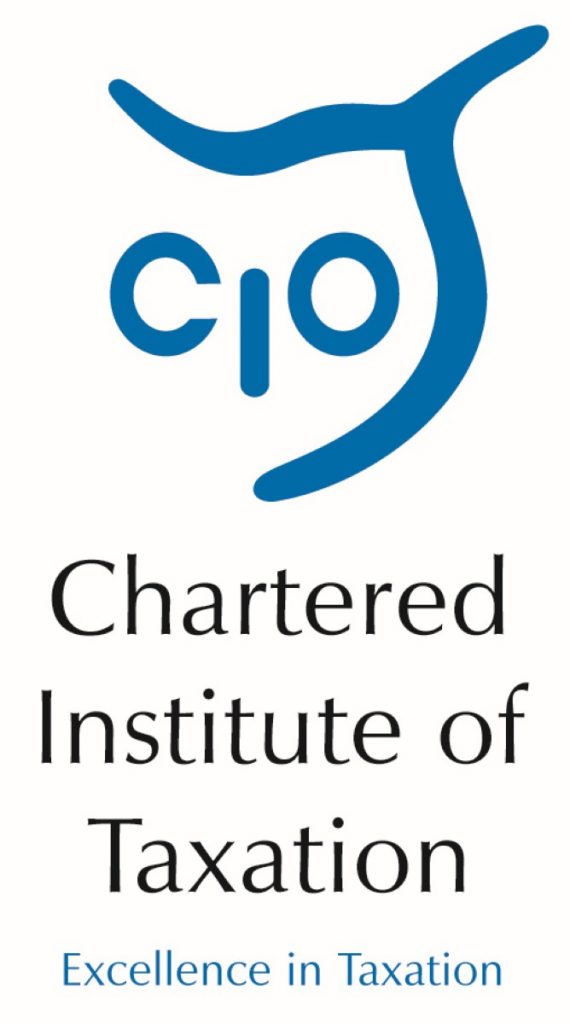The Chartered Institute of Taxation (CIOT) has welcomed today’s signing of the Multilateral Convention to Implement Tax Treaty Related Measures to Prevent BEPS. The CIOT says it is an important move by countries to prevent companies using tax strategies to exploit gaps and mismatches in tax rules to artificially shift profits to low or no-tax locations.
It is the first multilateral treaty of its kind and will allow jurisdictions to transfer results from the OECD/G20 base erosion and profit shifting (BEPS) project into their existing networks of bilateral tax treaties. The convention was developed through a negotiation involving more than 100 countries and jurisdictions.1 The UK Government played an important role, with Mike Williams of HM Treasury chairing the Working Group producing the Treaty.
In some areas the UK’s existing treaty provisions and domestic law, such as the Diverted Profits Tax (sometimes called the ‘Google Tax’) already provide sufficient protection against BEPS and the UK has indicated it will not need to implement the treaty provisions where that is the case.
Glyn Fullelove, Chair of CIOT’s Technical Committee, said:
“We welcome the convention because it represents a move closer to the goal of preventing base erosion and profit shifting by multinational enterprise and includes improved measures to assist in resolving tax disputes, including optional binding arbitration. We are glad that the UK has played a major role in the convention.
“As far as UK companies are concerned, many of the BEPS prevention measures have already been implemented into domestic law, or are expected to be implemented in the near future, and these domestic measures are likely to have a more significant impact than the Multilateral Convention. The UK has also indicated that it will not implement the convention where existing treaty provisions or domestic law already provides suitable protection against BEPS.
“UK companies should be aware that they will need to check that treaty provisions previously relied on are still in effect, and particular sectors, such as fund management, may be more impacted than others.
“Notwithstanding the convention may have limited practical effect for many companies, the very fact of its signature by so many countries shows there is no let-up in the efforts to reduce base erosion and profit shifting, and that measures can be agreed at an international level. We are firm believers that international co-operation of this kind is far better than unilateral action by individual states.”
The OECD/G20 BEPS Project aims to deliver solutions for governments to close the gaps in existing international rules that allow corporate profits to disappear or be artificially shifted to low or no tax environments, where companies have little or no economic activity. The OECD estimates revenue losses from BEPS at $100 – $240 billion annually, or the equivalent of four to 10 per cent of global corporate income tax revenues.
Notes for editors
1. Ministers and high-level officials from more than 60 countries and jurisdictions will sign immediately, on Wednesday 7 June, beginning at 6pm (CET). The convention’s next key step is ratification but today’s event signals a clear direction of travel More information about the convention can be found here.
2. The Chartered Institute of Taxation (CIOT)
The CIOT is the leading professional body in the United Kingdom concerned solely with taxation. The CIOT is an educational charity, promoting education and study of the administration and practice of taxation. One of our key aims is to work for a better, more efficient, tax system for all affected by it – taxpayers, their advisers and the authorities. The CIOT’s work covers all aspects of taxation, including direct and indirect taxes and duties. Through our Low Incomes Tax Reform Group (LITRG), the CIOT has a particular focus on improving the tax system, including tax credits and benefits, for the unrepresented taxpayer.
The CIOT draws on our members’ experience in private practice, commerce and industry, government and academia to improve tax administration and propose and explain how tax policy objectives can most effectively be achieved. We also link to, and draw on, similar leading professional tax bodies in other countries. The CIOT’s comments and recommendations on tax issues are made in line with our charitable objectives: we are politically neutral in our work.
The CIOT’s 18,000 members have the practising title of ‘Chartered Tax Adviser’ and the designatory letters ‘CTA’, to represent the leading tax qualification.
Contact: Hamant Verma, External Relations Officer, 0207 340 2702 HVerma@ciot.org.uk (Out of hours contact: George Crozier, 07740 477 374





-01.png)